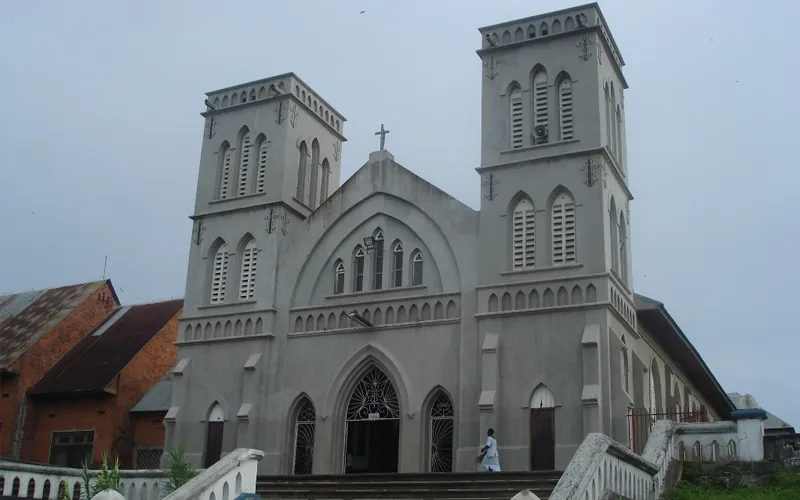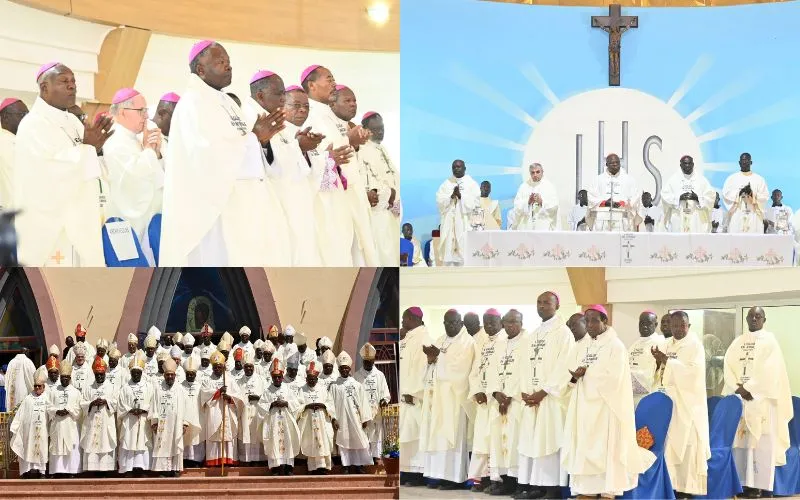Kisangani, 21 March, 2022 / 10:20 am (ACI Africa).
The Catholic Bishops in the Kisangani Ecclesiastical Province of the Democratic Republic of Congo (DRC) have bemoaned heightened insecurity in their respective Episcopal Sees and call on parties in conflict to engage in “frank dialogue”.
In their collective statement circulated Monday, March 14 following their latest Provincial Episcopal Assembly of Kisangani (ASSEPKIS), the Catholic Bishops urge relevant authorities in Ituri Province to address the “phenomenon of armed groups” and to work toward infrastructural improvement.
“We have witnessed a resurgence of violence and atrocities, as well as a strengthening of armed groups, in terms of equipment and personnel,” members of ASSEPKIS say.
They add, “Massive attacks with weapons of all kinds are carried out by members of local and foreign armed groups against defenseless communities. This often results in large-scale killings and massacres, as well as the destruction of private and public property.”
Worse still, the Catholic Church leaders say, “These attacks are even carried out against IDP camps, often not far from the positions of the forces of law and order that are supposed to protect them in a special way.”








